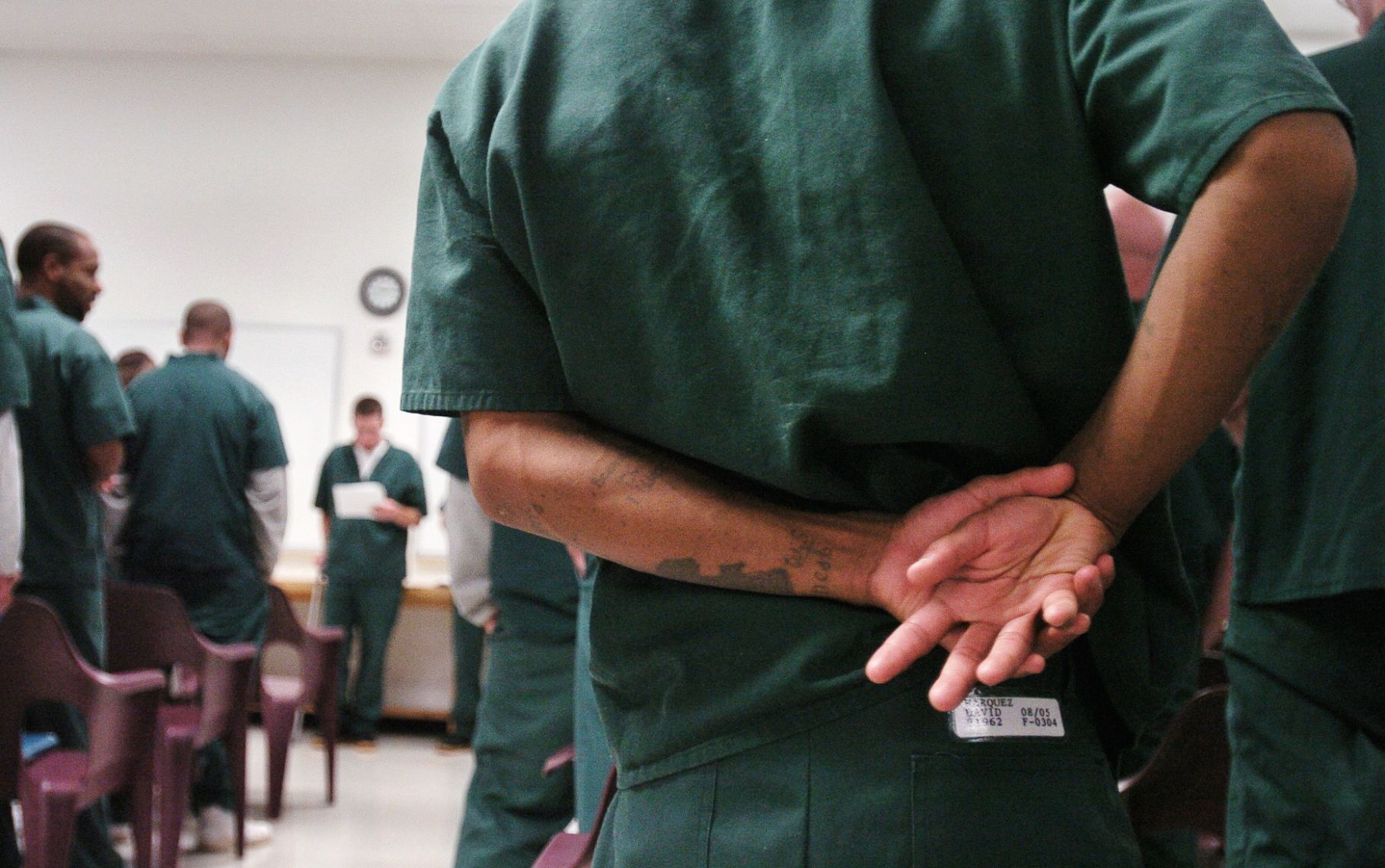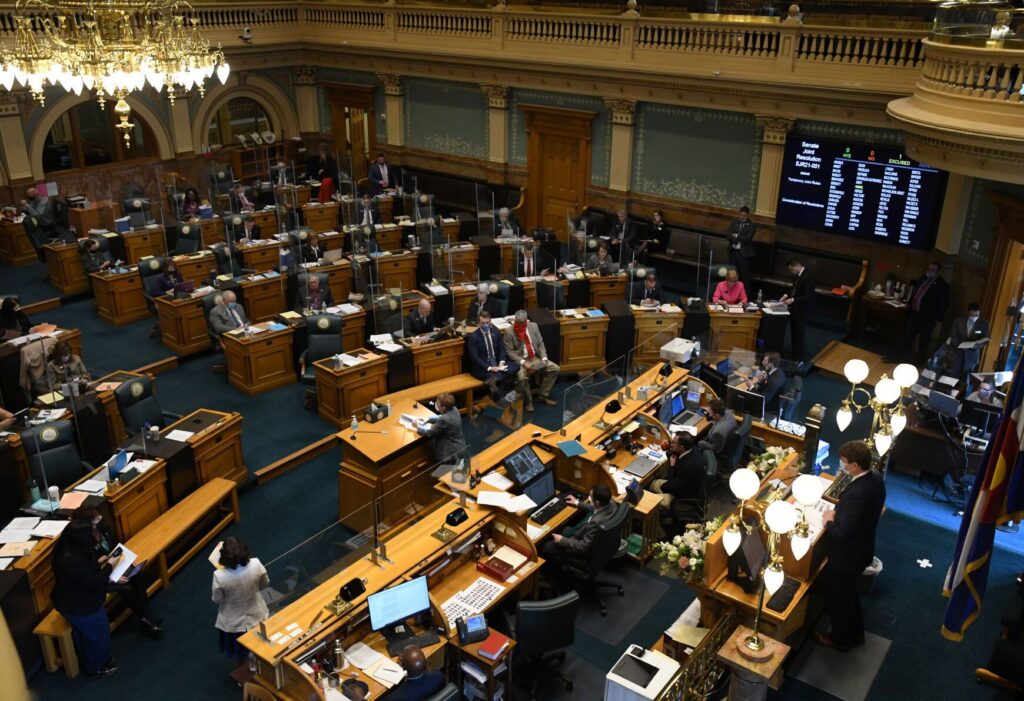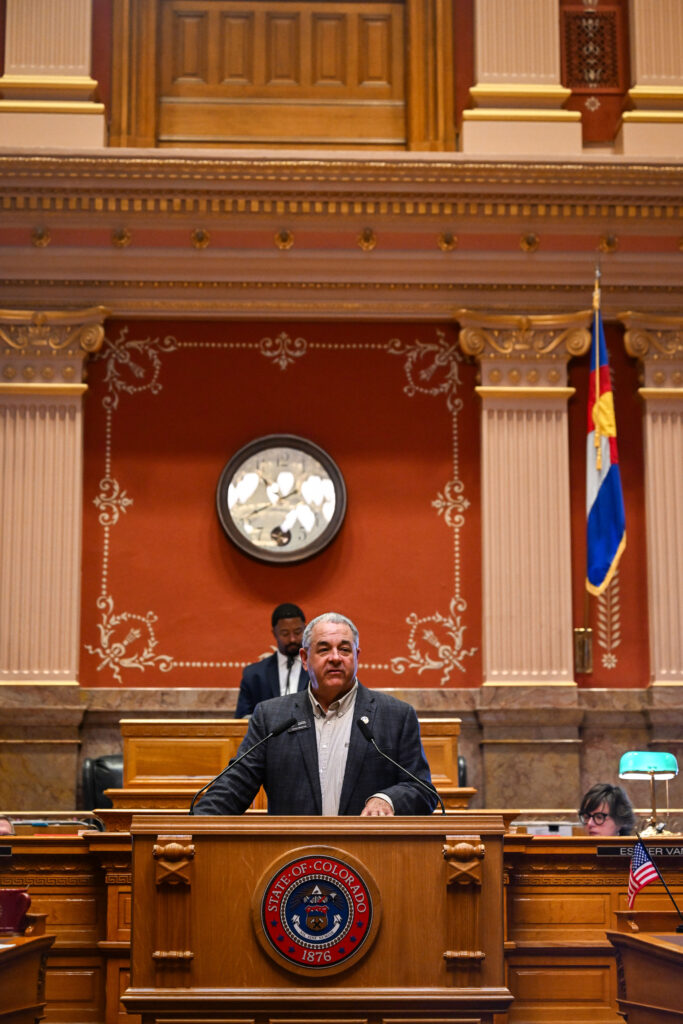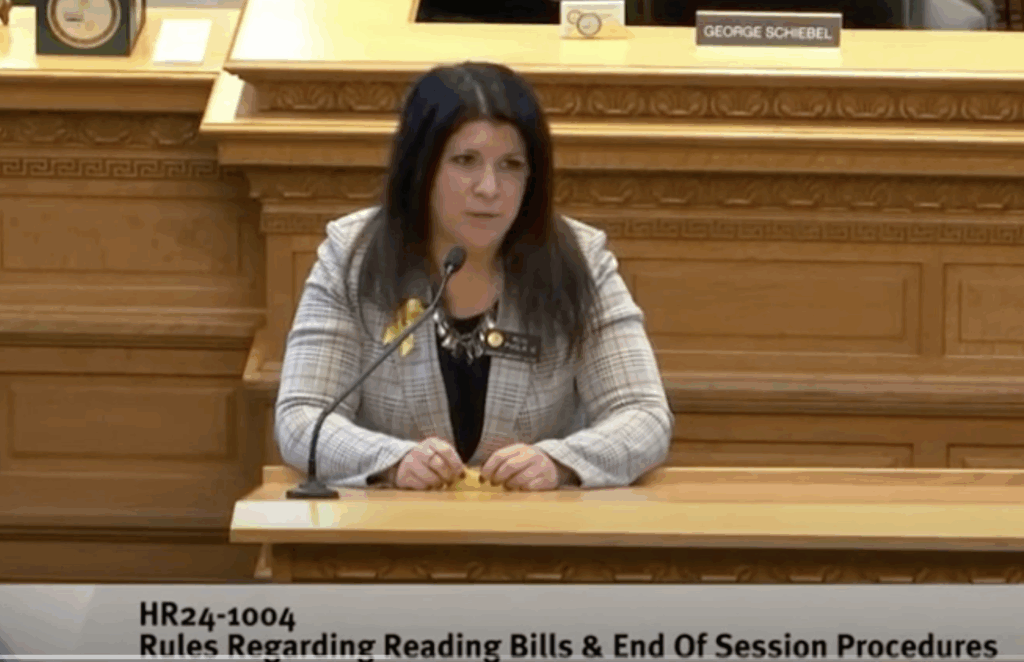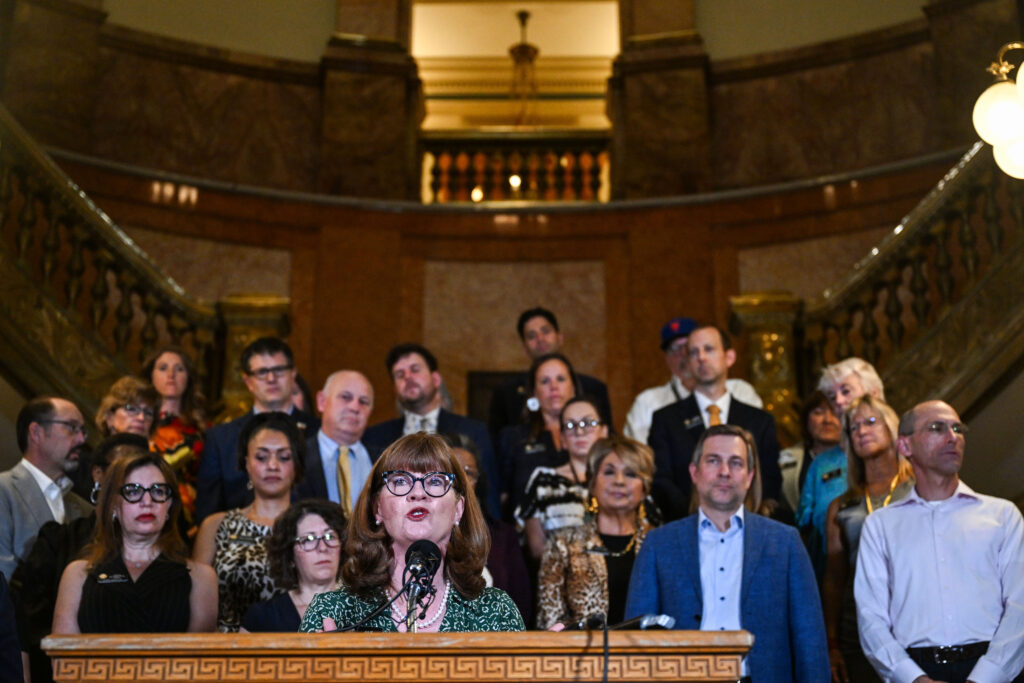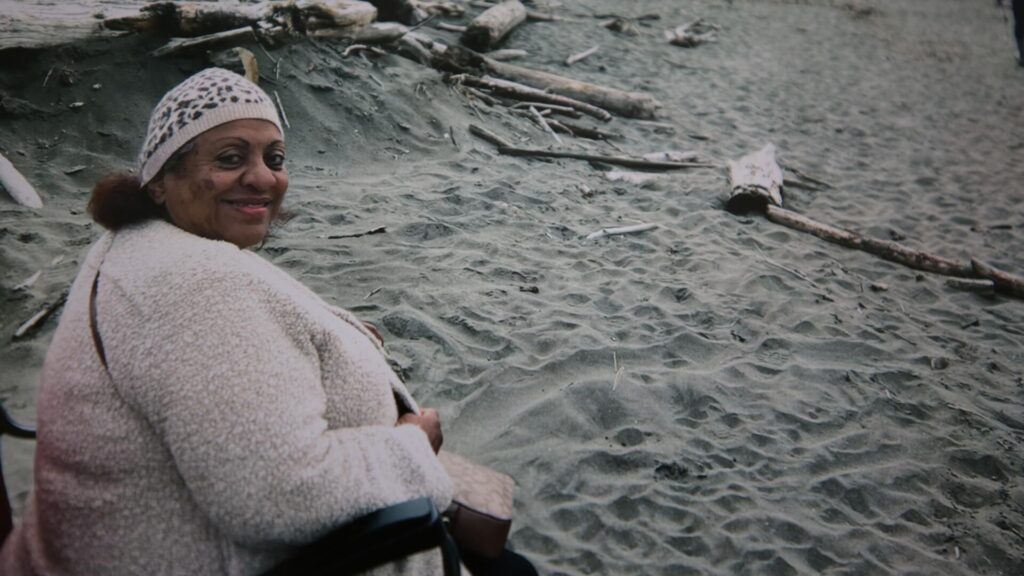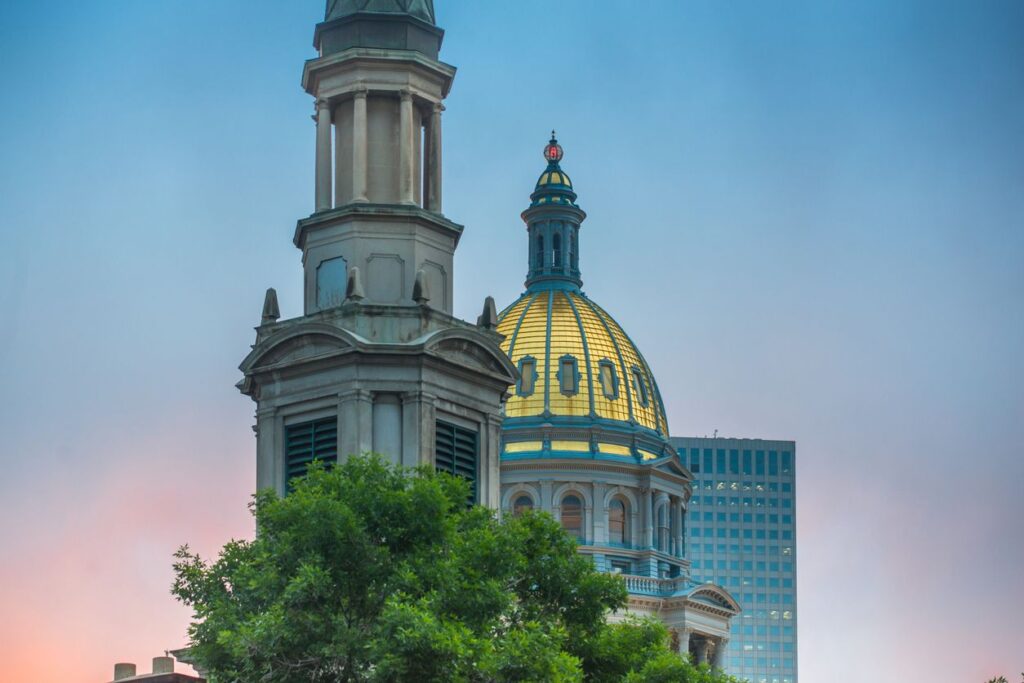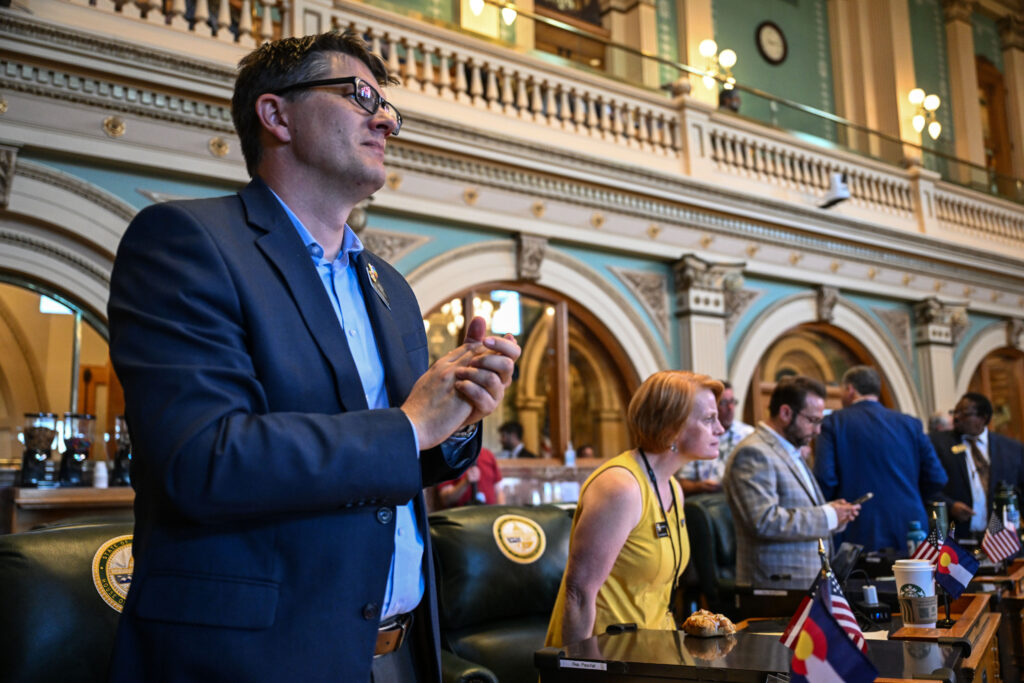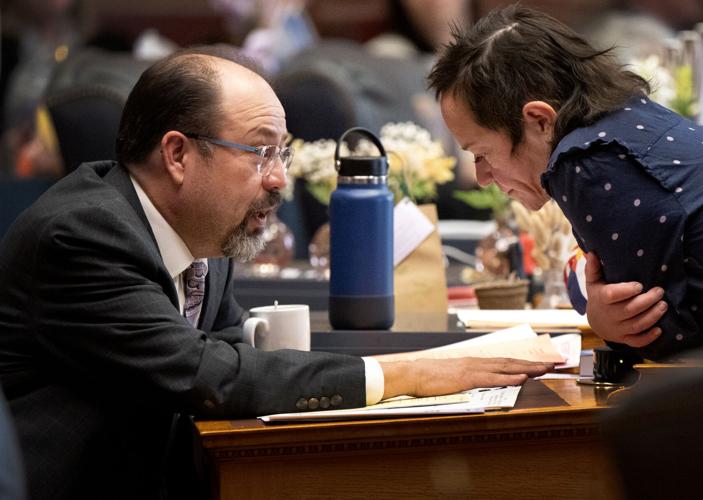Colorado lawmakers fret over housing prisoners
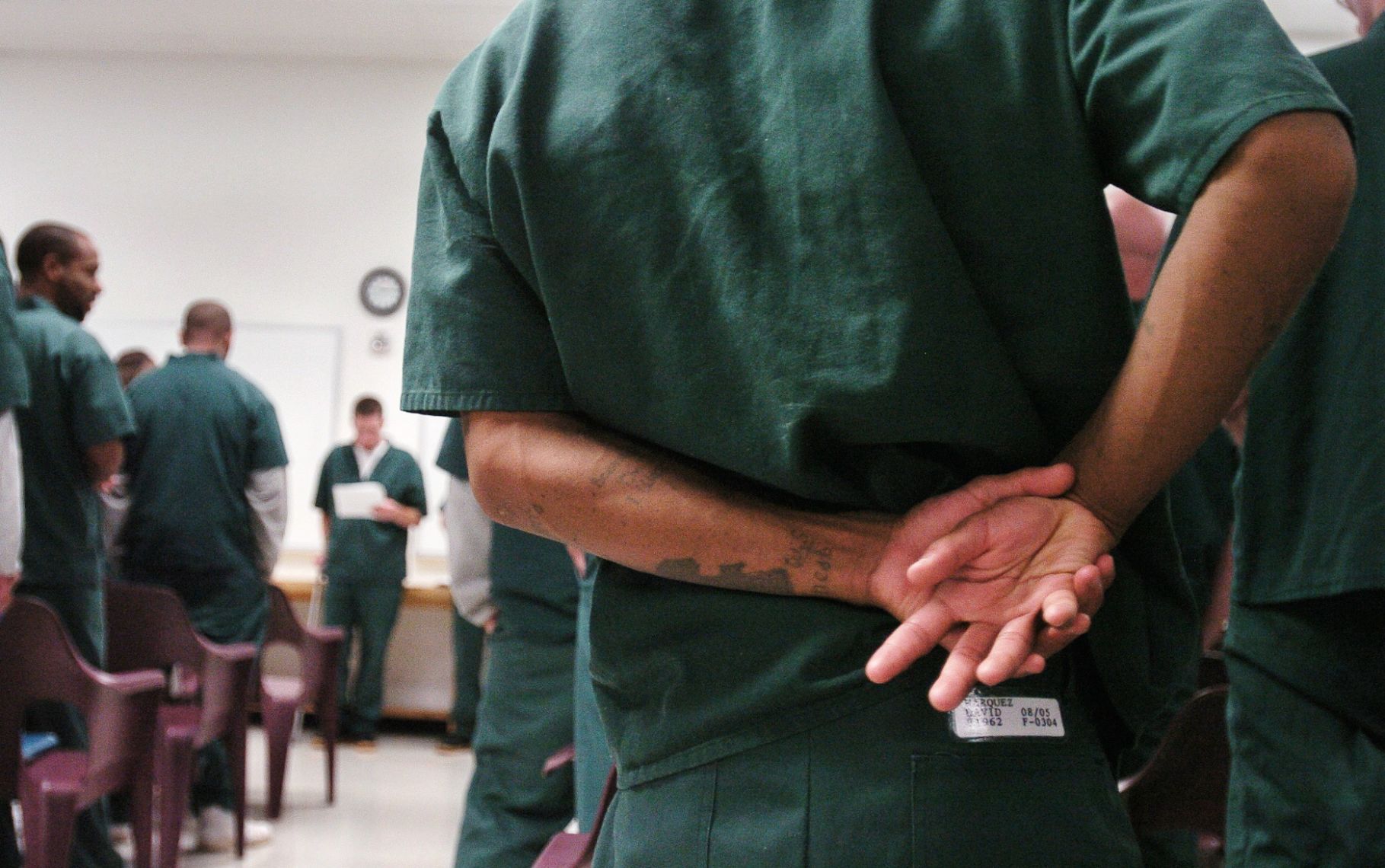
The Colorado lawmakers most closely aligned with money and justice got their first full hearing on how to handle a potential overflow at state prisons.
Characterized as a crisis, a $3.8 million budget request was first heard Friday afternoon, because of the Jan. 7 announcement that a re-entry facility in El Paso County is shutting down on March 7.
Ninety-eight offenders are scheduled to be released before then, but the state prison system has to shuffle 540 medium-security inmates back into a crowded system or leave prisoners in local lockups.
By going up to complete capacity, the prison system could absorb all but 167 male inmates, but overcrowding creates safety and legal problems for the system, Department of Corrections officials told the hearing before the Joint Budget Committee with the House and Senate Judiciary committees Friday afternoon.
They presented a solution that would allow for the closure of the Cheyenne Mountain Re-Entry Center by opening two towers at Centennial South, built as a solitary confinement prison in Fremont County, eventually allowing for 506 beds there.
Opening both towers was the only option presented to lawmakers Friday, and corrections officials couldn’t quickly separate out the cost in the meeting.
“Option A is the only viable option of how we close a prison this fast,” Dean Williams, the executive director of the state Department of Corrections, told legislators.
Senate Bill 259 last year gave the department the authority to place 126 inmates at Centennial South in an emergency, constituted by two consecutive months in which the prison population has less than a 1% vacancy.
The that opening both towers — 190 beds on May 1 and 316 more in the next budget year — would provide them the room the prison system needs.
“We wanted to avoid this, too, but it’s upon us,” Williams said.
Gov. Jared Polis already proposed for the closure of the Cheyenne Mountain Re-Entry Center in his budget request for next year, which, if passed, would have closed the facility by August. GEO, the company that operates it, however, opted to close months earlier, as its contract allows.
Closing to the private facility eventually will steer $10.8 million back to the state.
Some legislators suggested a bureaucratic creep afoot, however, considering Polis and other Colorado leaders look to move away from private prisons, reform the justice system or grow the system operated by the state. Those are deep philosophical and political questions lawmakers wrangle with each year.
One tower at Centennial South provides 190 beds, Rep. Adrienne Benavidez, D-Adams County, pointed out, more than the 167 that can’t be absorbed by the current system.
“I think everybody recognizes there’s an emergency,” she said of GEO’s early pullout. “But this request goes beyond that emergency.”
Sen. Robert Rodriguez, a Democrat from Denver, called using the solitary confinement prison for medium-level offenders was “putting lipstick on a pig.”
Travis Trani, the department’s deputy executive director of prison operations, assured legislators that the prison had been retrofitted with outdoor spaces and common areas for prisoners.
There’s a risk of mixing re-entry or lower-level offenders in the same prison with more dangerous criminals, including gangs that prey on or recruit weaker inmates, Trani and Williams told the legislators.
Legislators, however, seemed concerned about creating other problems will solving a crisis.
“We want to reduce the rate of recidivism in this state, and that doesn’t happen when people walk out,” said Rep. Mike Weissman, a Democrat from Aurora. “It happens when they walk in.”
Operating at full capacity or with overcrowding poses legal and safety risks and creates a criminal culture that is bad for prisons and, later, bad for society.
“It is not the way to operate a prison system,” Williams said.
Colorado Politics Must-Reads:


